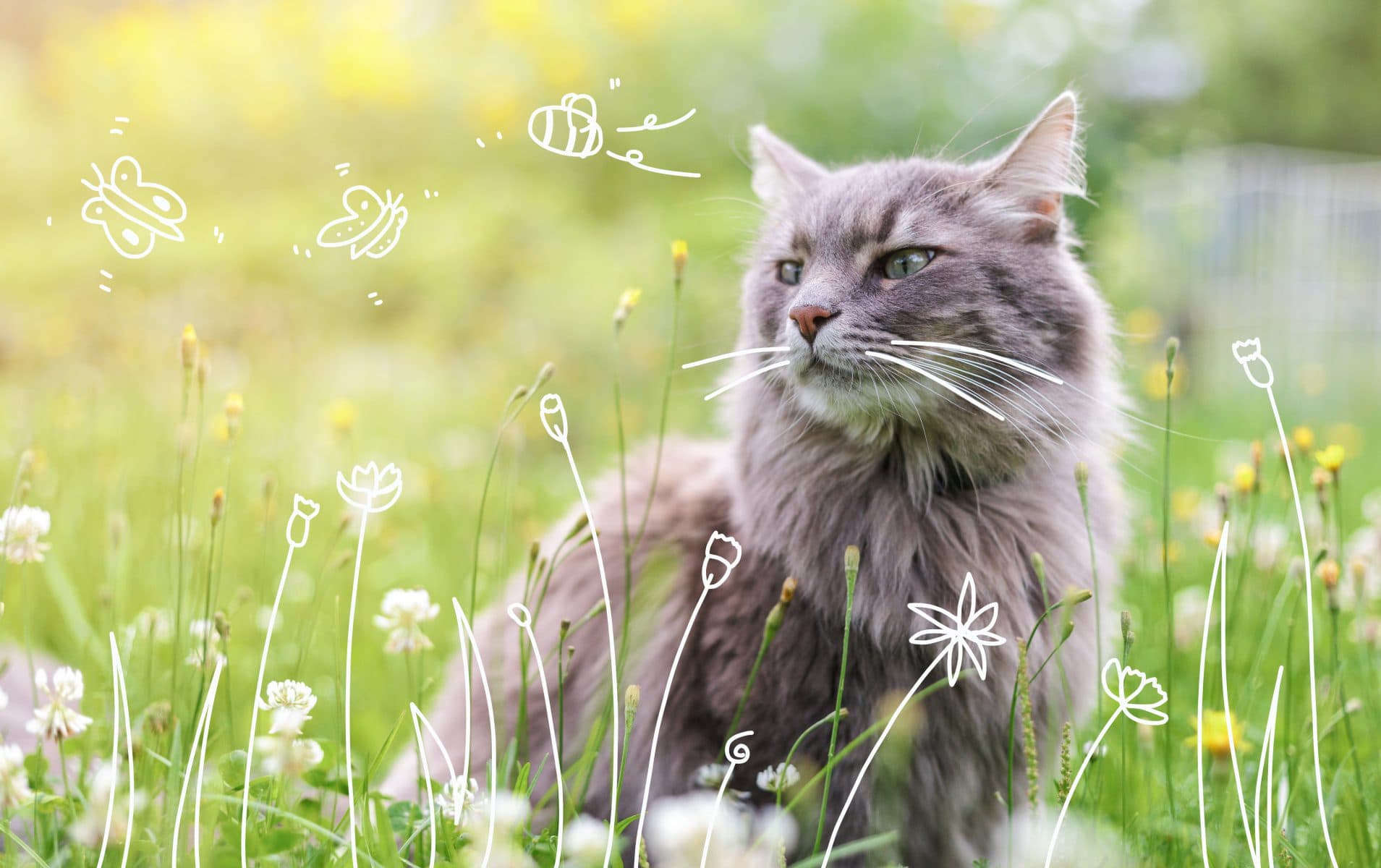Diet and nutrition advice for kittens and cats
There’s a huge variety of foods on the market to feed your kitten or cat – both wet and dry – making it difficult to decide which is the most appropriate. When choosing a food, it’s important to know that the needs of your cat will change throughout their life and will vary for different species and breeds.
Feeding your kitten
When the time comes to collect your new kitten, you’ll have a few things to do including sorting out their kitten insurance and finding out about their diet. When your new kitten arrives (check out our top kitten tips), it’s much better to use a kitten food that has been properly formulated and has a feeding guide to enable you to supply the correct amount of calories.
Growing kittens need lots of energy and also a higher level of protein than adult cats to enable them to mature properly. Their food has a much higher level of calories and also tends to be higher in calcium for their growing bones.

Feeding your adult cat
From nine months your cat is considered an adult and their diet needs to be changed to a maintenance diet. Adult food is lower in fat and protein as the body requires less of these nutrients for maintaining body condition, compared to growing. Any diet change should be done gradually over a couple of weeks, even if using the same brand, to avoid a tummy upset.
Light versions of a maintenance diet are available if your cat cannot keep its weight down. These diets are lower in protein and fat but higher in fibre and are ideal for less active, neutered or obesity-prone animals.
Feeding your senior cat
From seven years onwards, senior diets can be introduced to your cat. These are also lower in protein to help older kidneys from having to detoxify excess protein and lower in fat as calorie requirements are less in senior animals due to inactivity and loss of muscle. Senior diets tend to be higher in vitamins to help maintain body functions like tissue repair and cell production.
The best advice is to speak to your veterinary surgeon or veterinary nurse who’ll be able to advise you on a suitable diet for your cat.
It’s always worthwhile checking out your cat insurance policy to see what cover may be provided for special diets for your kitten or cat.
You might also be interested in…
Get a quote in minutes…

Existing customers
Call now on 0808 164 7999
to discuss your policy with us.
Monday - Friday: 08:00 - 20:00 Saturday: 09:00 - 14:00





 Back
Back
